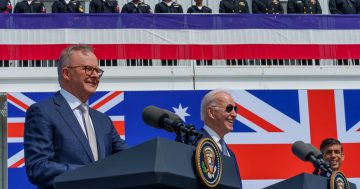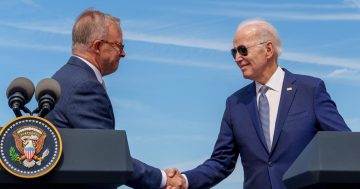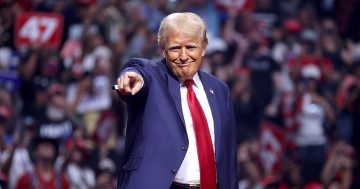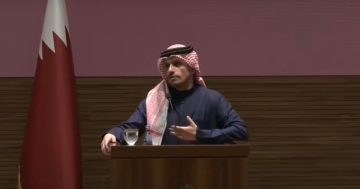
Whether Trump or Harris wins, public servants will have their work cut out for them.
Not too long after most Australians rise tomorrow (6 November), polls in the United States of America will be starting to close – it being the evening of Tuesday, 5 November, there.
It says a great deal about the American psyche that a fraudster, rapist and civil inciter has not only made it this far in the presidential race but stands every bit as much chance as his opponent of being elected.
The politics of hate are alive and well in some countries more than they are in others.
While Donald Trump and Kamala Harris remained neck-and-neck in the final stages of the US election, international polling pulled together from credible research companies across the globe shows that in most all other democracies, Trump would not stand a chance.
He’d win in Israel quite comfortably against Harris if an election were held there now, according to the surveys, but would lose in a landslide in all other Western countries.
However, the rest of the world doesn’t get a say in this election, despite the impact the outcome will have on the entire planet.
It is at moments like these that the skills, knowledge and professionalism of bureaucracies should be acknowledged for what they will bring – and what will be expected of them – in preparing for a change in administration.
And not just the American bureaucracy.
For Australia to advance its cause with the US, regardless of who wins the presidency, the public service here will be just as busy.
If Trump wins, it will take everything the Australian bureaucracy has to keep this nation in the forefront – favourably – in the mind of a megalomaniac concerned primarily with his own importance and survival.
The Australian Public Service, and in particular, the diplomatic elements of it, will be called on to step up.
Let’s not underestimate or devalue the massive amount of work it will take behind the scenes to calm (derail even) some errant thought bubbles in Washington that could have dire repercussions for Australia.
And not just at the purely diplomatic level.
Every APS department has some counterpart in the US with which they interact – and negotiate over policy.
Trade and Defence are the big ones, but there are health policies, environment policies, labour, immigration, the arts even, and so many more where cooperation is vital.
A madman in the Oval Office will require steady hands, sharp minds and quick wits in Canberra to maintain a healthy and respectful bilateral relationship.
What might appear business as usual on the surface will take enormous expertise.
Of course, it won’t be all one-sided. The American bureaucracy will have its work cut out for it, too.
And it, too, is a highly sophisticated machine, used to the comings and goings of administrations from both sides of the political divide.
Beyond the handpicked sycophants that will inevitably be installed at the very top echelons, more reasonable players in the civil service will be working overtime to maintain a semblance of normalcy – domestically and with the US’s international relations.
There is a chance, however, that too much general public trust will be placed in the ‘system’ that ‘won’t allow’ Trump to implement his craziest (evil) plans.
Such complacency could deliver tragic results.
If Harris wins the election, there will be an initial global sigh of relief (maybe not in Israel and Russia), but following that there will be other considerations for the bureaucracy.
Harris is an unknown. Even as Vice President, she remained somewhat of a mystery.
Experience-wise, she has a long way to go and much to learn.
That is where the US civil service will shine. It’s used to that kind of work.
Dealing with a rookie Commander-in-Chief who isn’t unhinged is a far more palatable and achievable task than the return of an erratic boss bent on vengeance.
And for the Australian bureaucracy?
Dealing with a US administration under Harris and trying to keep the bilateral relationship in shape must seem like a more inviting prospect than the alternative.
Our Prime Minister (whoever that might be next year) will publicly embrace the next US President regardless. It is immensely in Australia’s interests to do so.
So, too, will the public service show outward respect and camaraderie with whichever administration it must deal with post-January’s inauguration.
But everyone knows which will be the easier ride.
We’re all holding our breath.
Original Article published by Chris Johnson on Riotact.











